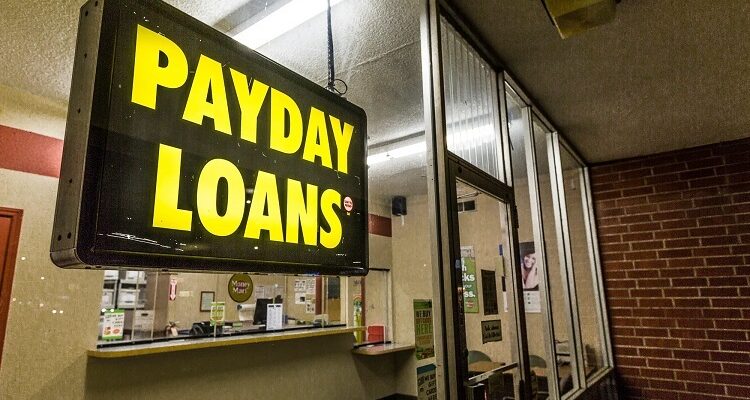In a town like Saskatoon where life moves quicker than a paycheck, a lot of people are confronted with financial shortfalls or unexpected expenses – and Saskatoon Payday Loans Co. might look like a handy option – but behind their apparent ease is an intricate web of financial risks in addition to ethical dilemmas.
Cash advances or payday advances are short term high interest loans which are usually due on the next payday of the borrower. Storefront lenders, internet platforms and even certain banks provide them in Saskatoon and numerous other cities. These loans are advertised as a handy option for individuals facing emergencies or immediate financial needs.
Among the primary draws of payday loans is their accessibility. Payday lenders generally don’t need a solid credit history or collateral, unlike conventional loans. They are accessible and therefore appealing to individuals who might be not able to borrow because of financial difficulties or poor credit. Payday loans are typically simple as well as fast to apply for, with a lot of lenders approving loans instantly and dispersing money within hours.
Payday loans are an expensive alternative as a result of their high interest rates and costs – which makes them among the most costly types of borrowing in Saskatchewan. Payday lenders such as PaydayLoans Co. can charge as much as $17 per $100 borrowed – a 442% annual percentage rate on a 14 day loan – a lot higher compared to credit card or private loan APRs.
Payday loan costs can easily escalate out of hand for borrowers because of the higher price. Payday loan borrowers frequently fall into a cycle of debt, where they have to borrow paying back earlier loans – then pay extra interest and fees with each renewal. This cycle could result in financial stress and also worsen the issues that payday loans have been meant to deal with.
Additionally, the payday lending industry lacks regulation and oversight, leading to worries about the exploitation and predatory tactics of sensitive borrowers. Critics argue that payday lenders frequently target low – income people and communities, trapping them in debt traps from which escape can be hard. Moreover, the opaque terms and conditions of payday loans may leave people unaware of the real costs as well as risks involved, further aggravating their financial vulnerability.
Policymakers and consumer advocates have demanded tighter payday lending laws in response to these issues. The Saskatchewan government has implemented measures like restricting the maximum amount of borrowing and mandating that lenders make transparent and clear disclosures for borrowers. The regulations are intended to safeguard customers from the most outrageous methods of payday lenders while encouraging financial education and responsible borrowing.
But payday loans continue to be a controversial subject in Saskatoon – and anywhere else – in spite of all these efforts. Some claim they’re a lifeline for individuals facing emergencies or unexpected costs, while others argue they produce debt cycles and financial instabilities. Ultimately, the controversy over payday loans illustrates the need for a comprehensive approach to economic protection and inclusion of consumers, one which balances credit access with safeguards against fraud as well as damage.
Saskatoon payday loans are a fast, but expensive choice for short-term financial problems. Although they might provide some borrowers instant relief, additionally, they carry substantial risks and challenges – particularly for those already struggling financially. As Saskatoon faces the difficulties of payday lending it’s essential to prioritize policies and programs which promote financial empowerment as well as resilience while protecting the well-being of the whole community.


Comments